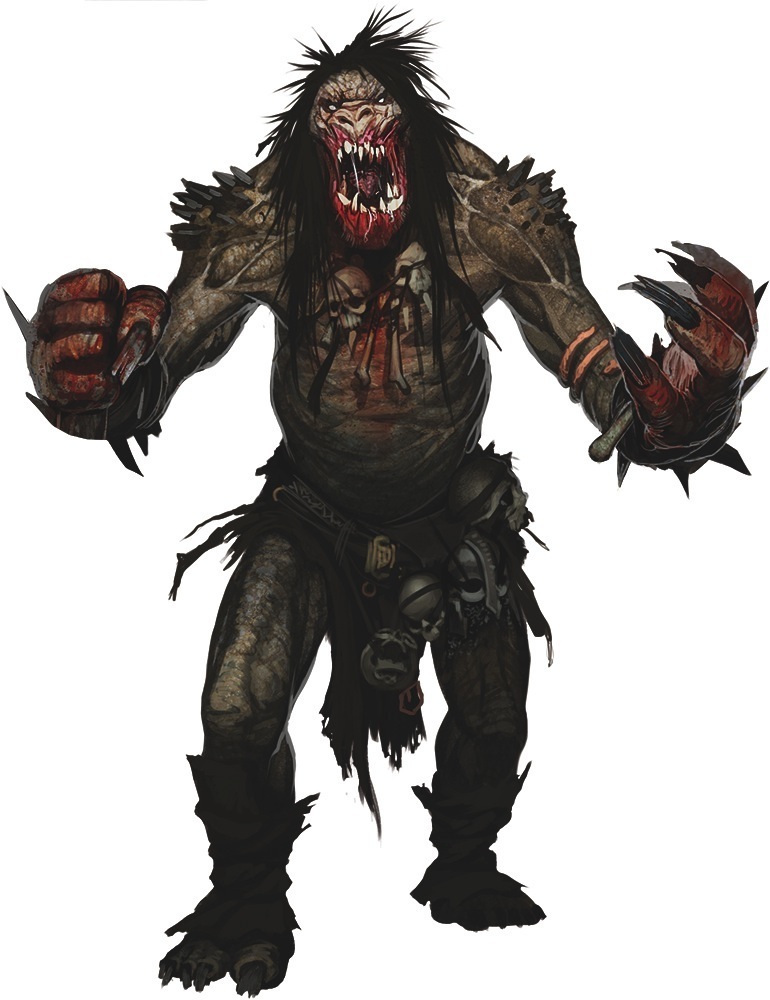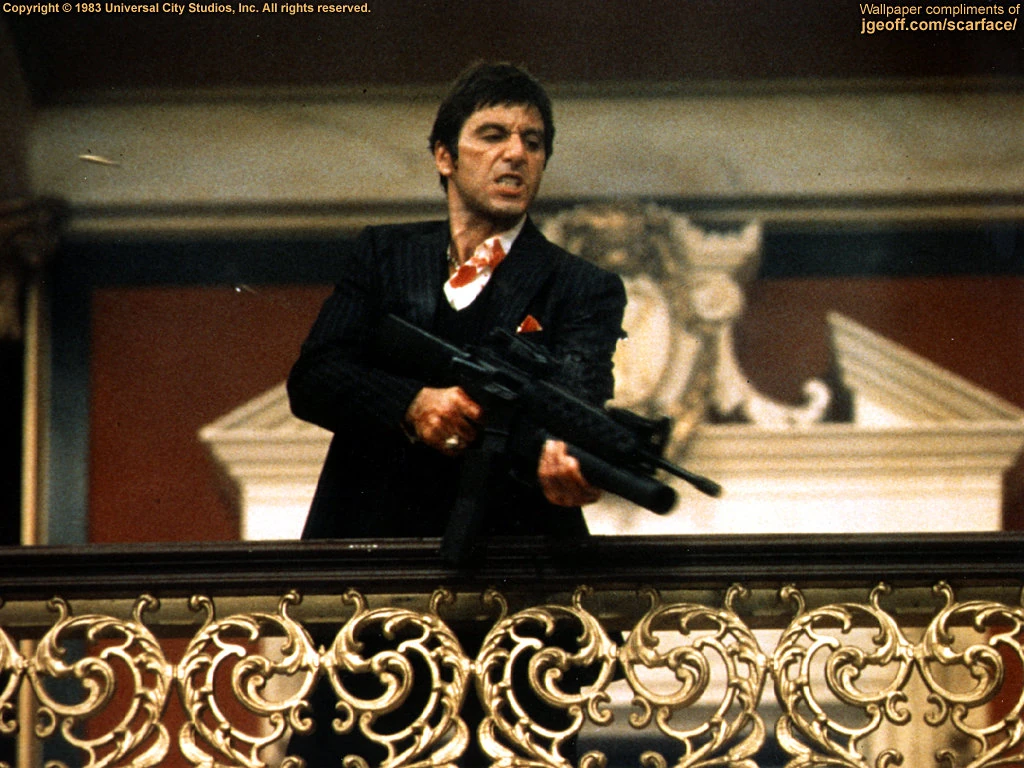When you put Beowulf’s Grendel in the same sentence with Scarface's
Tony Montana it may seem that you are comparing two completely different
animals, but on a psychological level, this may not be the case. Each character
develops in a similar fashion, although the motivation behind it isn’t exactly
the same.
To begin with, Grendel and Montana share similar
characteristics. Both are violent, greedy, lonely and want to give another main
character a hard time. In Grendel’s case, he is motivated by hatred to cause
destruction to King Hrothgar’s mead hall. Tony Montana is driven by greed to
take down Frank Lopez’s drug empire. There is a target character that each one
is driven by, although for different internal reasons.
As a child, Grendel’s surroundings didn’t necessarily make
him lash out and destroy things. It wasn’t until he came in contact with humans
that he started to develop feelings of hatred. The more he knew about humans, the
more he disliked them, especially after encountering the shaper and his
cheerful songs. A combination of these things stirred up emotions deep inside
of him that eventually spewed as rage. This rage made him slaughter men in the
mead hall as soon as it got dark. The patterned customs of the humans drove Grendel crazy and he disliked how different they were from him.

In Tony Montana’s case, he also started off with the simple
task of a dishwasher that escalated into dealing drugs. He learned early on
that human life means nothing after witnessing his friend’s death while doing a
job for Frank. After realizing that the drug lords didn’t care about his friend’s
death as long as the job was done, he decided he wasn’t going to care either.
This along with greed motivated him to take down Frank and everyone else
involved with his empire. In a similar way to Grendel, his view on his
surroundings changed in a negative way.

In a sense, both characters discovered something about their ultimate enemy that made them lash out and destroy things. There was a reason behind the maiming of men, cannibalism, shoot-outs, and drug trafficking.
Not to mention, both characters have mommy issues to deal
with. Montana’s mother demonstrates an obvious disapproval of him that
conflicts his character. Grendel mentions his mother as “mother and not mother”
and describes her expression towards him as “the burning eyes of a stranger”
along with a “separateness” present in their eyes. In different circumstances,
both seek their mother’s attention, leaving aside the issues. Grendel yells for
his mother when hanging from the tree and even though she hates him, Tony seeks
his mother to try to amend their relationship by giving her money.
One of the most interesting comparisons between the characters is Grendel’s lunatic theory and
Tony’s speech about being “the bad guy.” Grendel finds the human world to be
ridiculous with all the patterned thinking, meaningless destruction, and how
all humans seem to do things without logic. Tony gets riled up in a bar and
makes similar accusations with the way society perceives him as a bad person.
He claims to be the only honest person who doesn’t have to pretend to be good,
and because of this everyone points at his honesty and calls him the bad guy.
Ultimately, both characters have similar character developments and emotions.
This was definitely a comparison I did not expect to see or would not have drawn together for myself. The way in which you broke down Grendel from a psychological standpoint rather than a media or literary place made the comparison far more believable because it focused on what we know specifically about the characters and their lives, not from extraneous theories or conclusions we draw as an audience or a reader. The only thing Im curious about is the motivation of the characters, I’m not sure from the characters point of view that their goal is to impede another main character but your argument certainly showed me that it indeed could be the case
ReplyDeleteIt never occurred to me that Tony Montana, one of cinema's most prominent antiheroes, could be so much like Grendel because of the simple fact that they both embody the lonely, bored, and ultimately vengeful type. Both ultimately get their comeuppance in an almost Biblical fashion, perhaps reinforcing their respective works' statuses as morality plays first and entertainments second. I wonder if an interpretation of this sort would work without Gardner's version of Grendel, though - he goes much deeper into the eponymous creature's capacity for reason, thought, and action than the great anonymous Danes behind Beowulf ever could. And it's not just Scarface that goes deep in terms of similar depictions - Oliver Stone, who wrote the screenplay for Scarface, also wrote and directed a film called Wall Street. The character Gordon Gekko, a stockbroker with an unbelievable lust for money who declares numerous times that "greed is good" and lectures others on that topic, certainly echoes the Beowulf and Grendel dragon's mentality on monetary excess. Yet, unlike Tony Montana or Grendel, his archetype lives on - and poisons everything, for that matter. The claws are a mental construct this time, though.
ReplyDelete